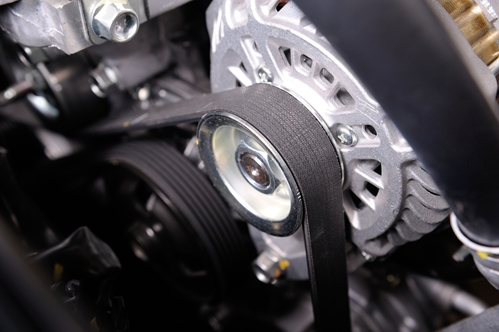Westwood, NJ – August 31, 2017 – BMW of North America has recalled more than 3,400 vehicles possibly equipped with defective Takata air bag inflators, according to documentation filed with the National Highway Transportation Safety Administration. The campaign, which amends an earlier action initiated in September 2016, includes the following models:
- 2012-2013 X3 xDrive28i
- 2012-2013 xDrive35i
Recall summary
Affected models are believed to include Takata front driver-side air bag assemblies with inflator modules that are incorrectly welded and therefore prone to disconnection in the event of a crash. In such a scenario, metal air bag components could disperse with a high rate of speed throughout the cabin, potentially harming or killing occupants.
Car manufacturers across the globe have been dealing with this particular defect for more than two years, The New York Times reported. Safety officials attribute 17 deaths and hundreds of serious injuries to defective Takata air bags. However, BMW has yet to receive any reports connecting the air bag inflator modules in this latest recall to accidents of injuries.
On Sept. 20, 2016, BMW issued a safety recall with the NHTSA identification code 16V-683. Soon after, the automaker asked Takata to initiate an internal investigation aimed at reviewing air bag module installation records across all production sites. BMW requested this action after reviewing additional field reports and recovered parts. On July 20, 2017, Takata shared the preliminary results of this investigation, which indicated that two more air bag modules produced by the company could potentially harm passengers. Eleven days later, the parts manufacturer recommended that BMW issue a safety recall to correct the potentially defective parts.
BMW analyzed its production logs and pinpointed models containing the air bag inflator modules mentioned in the Takata report. On Aug. 2, 2017, safety officials for the British automaker decided to launch a voluntary recall action. BMW notified dealers of the action Aug. 8.
The repair
The car manufacturer has ordered dealers to replace the front driver-side air bag assemblies in the affected vehicles free of charge, according to NHTSA documents. BMW intends to notify owners via first-class mail on or around Oct. 2.
Is your vehicle part of the recall?
Over 3,400 vehicles were originally part of this recall. Since then, the recall population has grown to 6,785. As of April 23, 2019 – the last date information was available – 4,807 airbags had been replaced. To see if your car still needs to be repaired, use MotorSafety’s free lookup tool.
Note: June 24, 2021
We have noticed a large number of readers are interested in this recall. For that reason, we have added the last section where drivers can check if their vehicle is part of this recall and included the recall completion rate. The article has also been updated to reflect the latest editorial standards.


